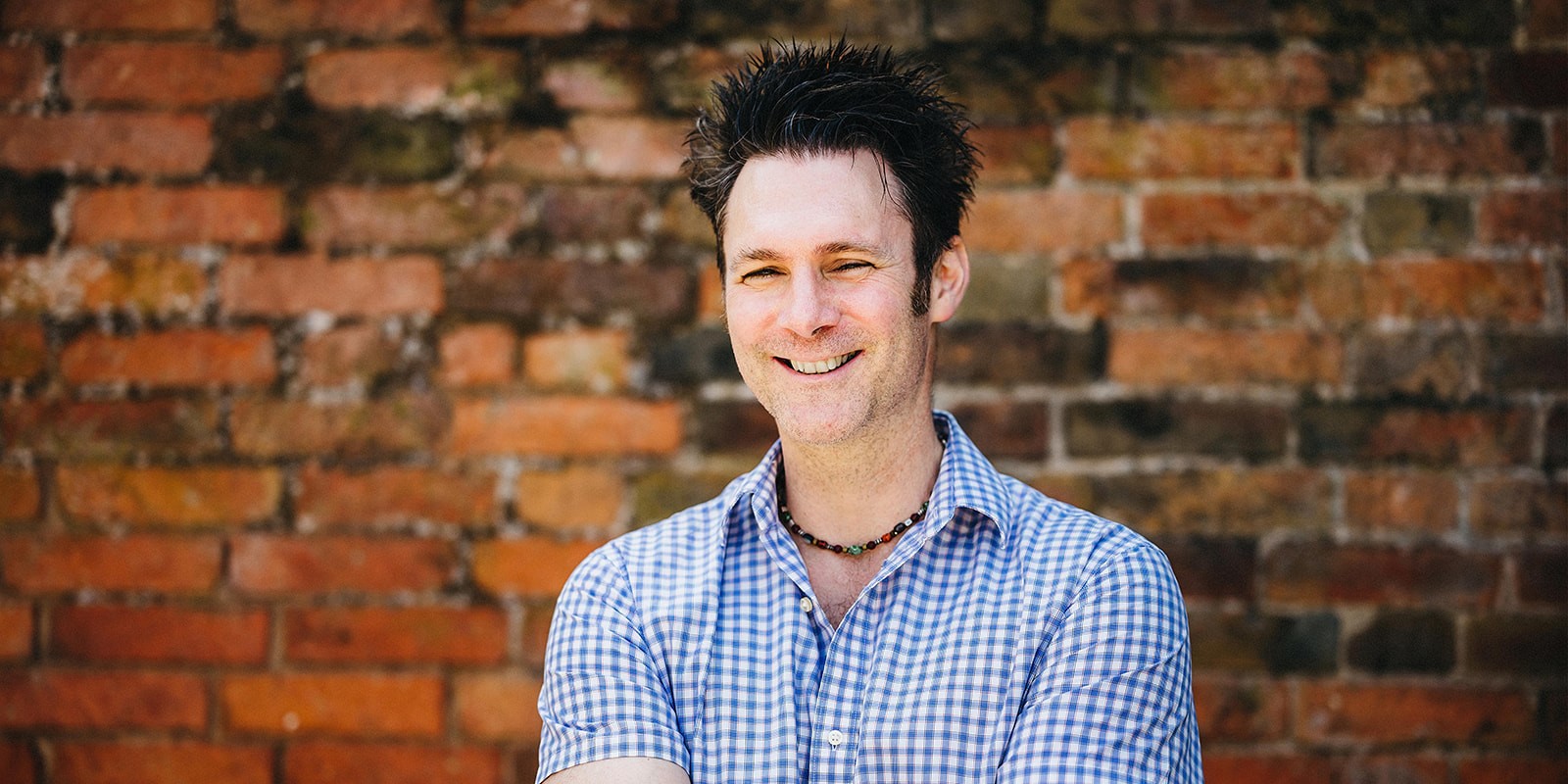How to track digital performance with thank you pages
What are thank you pages, and why are they important for monitoring performance? Find out more about thank you page best practices.
Read moreFollowing Part 1, I discuss how Data-led Design® can put CRO on steroids. With this approach you can make sure that your split tests always generate positive results...
Following on from part 1 which discussed how Data-led Design® can be used to evolve a website design as part of a larger re-platform project, here we discuss how to maximise for conversion.
We all know about Conversion Rate Optimisation or CRO as it is known. You may have used traditional AB testing for some time now or you may have just tried it out. You may have achieved great gains and successes, you may have found that you win some and you lose some. You may even have found that sometimes you go backwards. You may be surprised to learn that only 17% of marketers use Landing Page A/B testing to improve conversion rates (Hubspot research, North American Survey, Jan 2020) and yet only about 22% of businesses are satisfied with their conversion rates.
You may have used traditional split URL testing, true AB split testing or indeed used multivariate testing. Wither way, the likelihood is that after some quick wins, you found it increasingly difficult to make further positive gains.
Over the last few years we have sought to get the very best results for our customers and that means ongoing gains, it means that individual tests should not generate negative results. Ever!
This is one of the reasons why we created Data-led Design®. Put simply, Data-led Design is like CRO on steroids. Data-led Design® is our unique methodology to evolve web and landing pages to maximize desired behaviour. It is not an alternative to CRO but works to make it better. Much, much better!
The fact of the matter is that best practice design is not enough. Online testing is not enough. Data-led Design® is an approach to using user-data to steer and influence our design and test decisions and with it we have made serious, provable money for our clients.
The fundamental process works very similarly to how we approach new web builds and starts with data.
Using any data source we can, we learn about current performance. This might be GA, it might be Hotjar, it might be talking to your sales teams and other stakeholders. If none are available we may install tools to start us off.
Through analysing these data sources we can build up a picture about how key pages or sections of a page are performing. Again, we will create a hit list of potential areas of improvement. Usually this is top down on the basis that if you can open the sluice gate on traffic blockers, you can drive more conversions. Sometimes though you may have issues at checkout that are causing huge drop-offs and are the priority.
We now use what we have learned as well as all our years of experience to design solutions using best practice. However, we are not so arrogant as to think we are always right.
We put each design through rounds of user testing. There is an art to getting this right. It’s all about asking the right questions to minimise bias. This is why Data-led Design® is so great. Sometimes we go backwards and users challenge our assumptions and it is only through learning why we may have got it wrong that we can get it right. We listen and look for repeated actionable insights and use these to iterate the design.
Guess whats next? Yep, that’s right, we then test some more. We repeat this design then test approach until we get no further actionable insights. At this point we expect to have a new design that we have a high degree of confidence about.
Only then do we go into online testing where we repeat the above. Only then do we risk your live traffic because we feel certain that the new variation will be a winner and that the outcome will be positive.
Using our chosen testing platform VWO.com, we set up personalised experiments on whichever segment we have decided to test on, be it PPC desktop, PPC mobile, organic or whatever is appropriate. We collect data, let VWO do most of the hard work and analyse the outcomes.
When a test is complete and we have our winner, we may learned new insights which suggest further rounds of design and repeated online testing. If not, we move on to the next part of the funnel and decide on the best way to roll out the winning variation.
If you have very long development cycles or it is cost prohibitive for you to make template changes on your platform then we can just have VWO send 100% of the traffic to the winning variation. Otherwise we can supply the necessary code to implement into your platform.
With Data-led Design® we make SMART choices. We drive superior results and make you more money!
Speak to us and will share our success stories and discuss how it could work for you!
More articles you might be interested in:

What are thank you pages, and why are they important for monitoring performance? Find out more about thank you page best practices.
Read more
Google sets new standards for links and content, new functionality emerges in Analytics and Search Console, and new tool Neurons hits the world of...
Read more
Welcome to the latest round-up of all things digital. This is where we look at the latest updates in the world of PPC, SEO, Content and International...
Read more
Creating conversion-optimised PPC campaigns start at strategy planning. Do you know how you can maximise the return on your ad investment? Dave...
Read more
Wondering how to apply conversion-centric marketing to your advertising strategies? Dr. Dave Chaffey explores why this is essential for growing...
Read more
Episode Six of The Assorted Digital Ramblings Podcast is now live! Learn about Conversion Rate Optimisation with guest Al.
Read more
Are you using Data-led-Design to grow your brand? Dr. Dave Chaffey delves into what techniques you should be using to turn user data into intelligent...
Read more
Heard the term CRO thrown about and not sure what it means? Cameron Hadley takes us through some commonly asked questions on conversion rate...
Read more